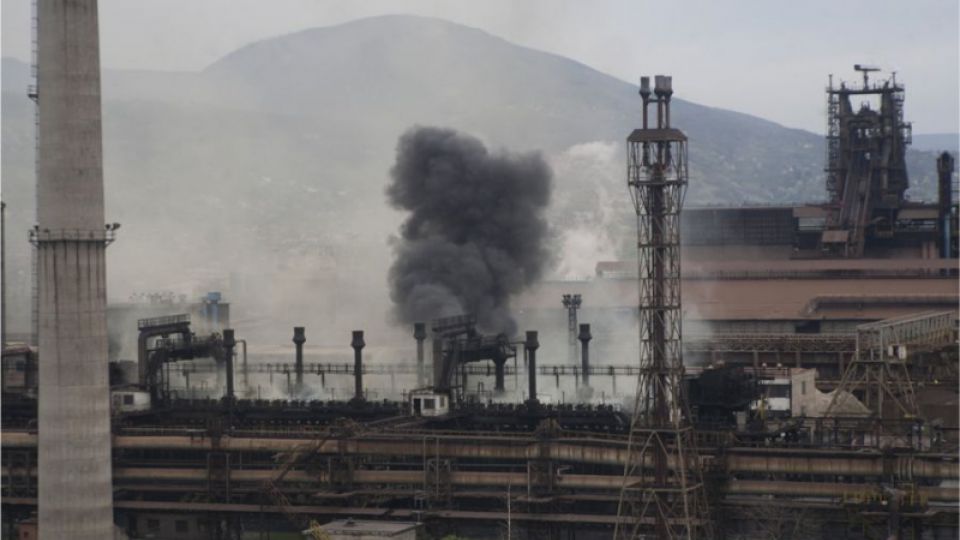In the twenty-first century, it is not normal to not be able to take a breath because of the serious air pollution produced by factories. In EU countries, including the Czech Republic, which was once dependent on dirty, heavy industry, people learned to actively defend themselves against those who discharge hazardous substances into the air, water, and soil. The international Aarhus Convention guarantees similar rights to all the signatories, including the inhabitants of Bosnia and Herzegovina. Thanks to the cooperation of the organizations Eko-Forum Zenica (BiH), Arnika (CZ), the Czech Ministry of Foreign Affairs, and the inhabitants of the former Yugoslavia, inhabitants in the industrial center Zenica are now learning how to make the struggle for their civil rights more effective.
Browse the pictures of people living by the steelworks in Bosnia.
"Balkan states, which are not yet members of the European Union, are in a difficult situation. Some EU regulations are not valid in such countries, and often the dirty industry facilities move there as they would have never been allowed to operate in the EU anymore. It is the task of the local governments and authorities to grant their citizens right to a healthy environment, and people should be able to enforce their rights," says Martin Skalský from the Arnika's Citizens Support Centre.
An example, one of the big polluters, where authorities have failed to enforce the right for a good environment, is the steelworks of multinational corporation ArcelorMittal in Zenica. It is located adjacent to the city. Last year, the air pollution limits in the city had been exceeded for 250 days. The law allows exceeding the limits for a maximum of three days per year only. Moreover, some of the environmental permits of the factory have expired in the December 2014. According to the current law, the factory should have been closed down already.
"The aim of the events we organized in Zenica this week is to inform people affected by the steelworks pollution about their rights. It concerns especially Zenica's uptown of hillside villages nearby the factory. We also opened an expert debate on the legal steps to be taken in order to improve the situation," says Mr. Skalský. The head of the Citizens Support Centre points out the importance of the debate about possible solutions to solve the catastrophic pollution. The representatives of the Ministry of the Environment, the Ecological Inspectorate, and even the Mittal Steel Company have been asked to make an official statement on this issue months ago, but they have not yet joined the debate.
One of the other ArcelorMittal plants is in Ostrava, Czech Republic. However, the harmful emissions have been reduced due to the constant pressure by local people. The company had to invest in ecologization of the steelworks operations there In spite of threatening to leave the Czech Republic, it remains one of the largest employers in the region.
"Legal principles and international conventions similar to the Czech ones apply in Bosnia and Herzegovina as well. We would like to help the local people to defend their human rights," says Arnika's spokesman, Vratislav Vozník. The Arnika NGO has already helped a lot of people and has won many court trials. Also, because of this effort, the health of Czech people is less vulnerable, and the environment is being improved.
Notes:
(1) ArcelorMittal Zenica: steel sky over the town
(2) Czechs Help in Central Bosnia: Inhabitants of Zenica Suffocate by Exhalations and the ArcelorMittal Corporate Is to Blame (press release, 5 February 2014)







